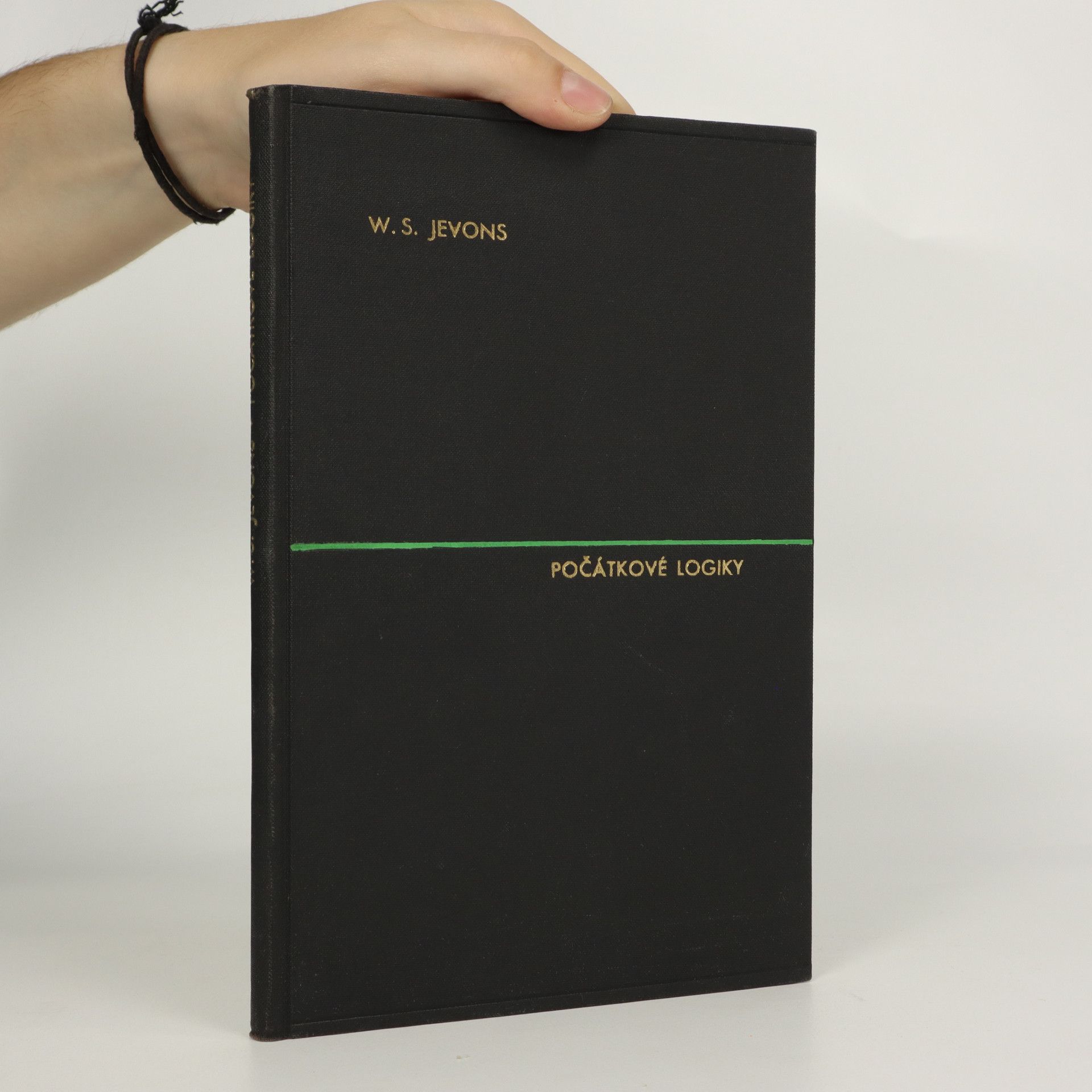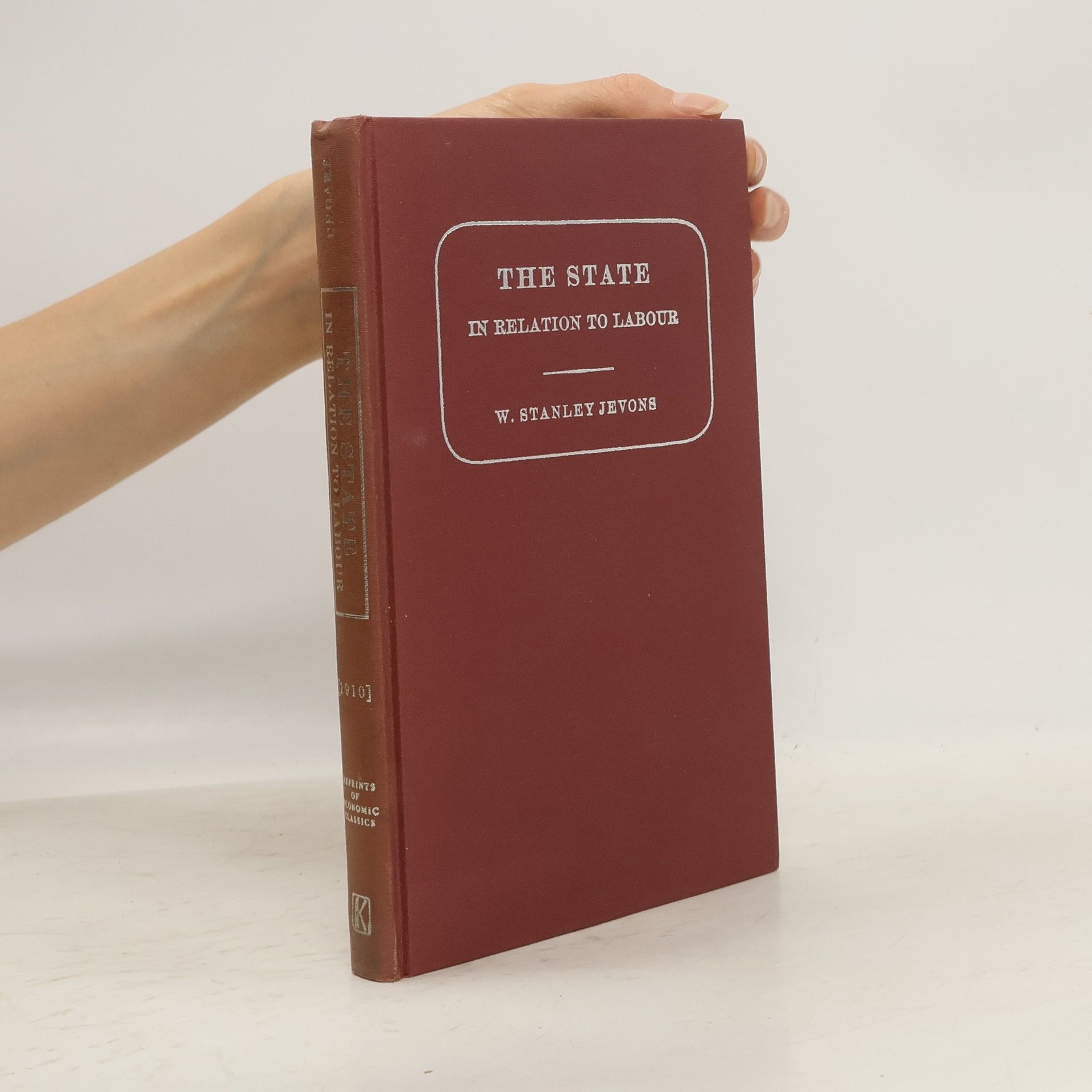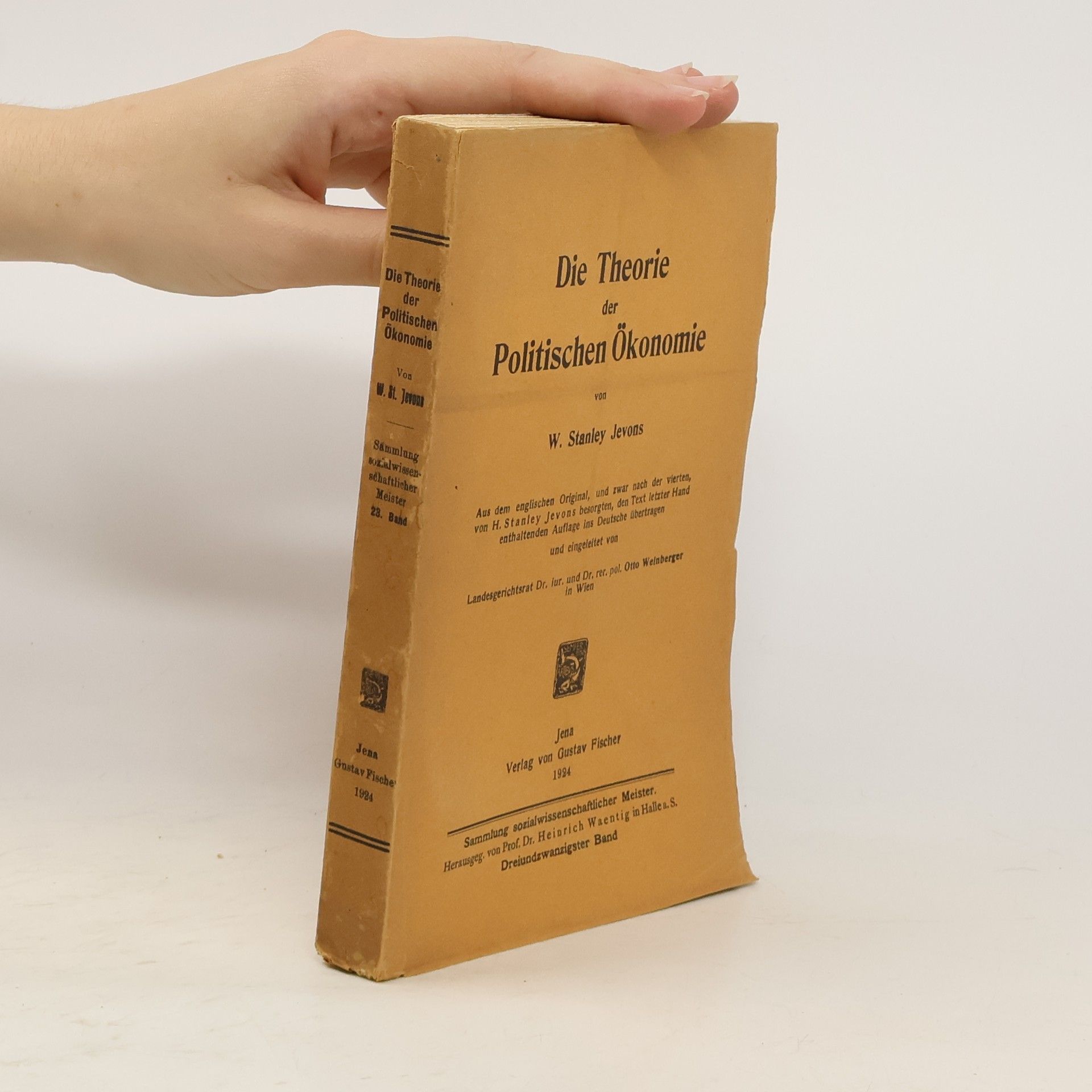William Stanley Jevons Bücher
1. September 1835 – 13. August 1882
William Stanley Jevons war ein englischer Ökonom und Logiker, dessen Werk den mathematischen Ansatz in der Wirtschaftswissenschaft grundlegend veränderte. Seine Grenznutzentheorie führte eine neue Perspektive auf den Wert von Gütern ein, indem sie besagte, dass der Nutzen einer zusätzlichen Einheit eines Gutes mit zunehmendem Besitz sinkt. Jevons machte auch auf die Problematik der Ressourcenerschöpfung aufmerksam und antizipierte das Paradoxon, dass Effizienzsteigerungen paradoxerweise zu höherem Verbrauch führen können. Seine Beiträge zur Grenznutzentheorie und zur Logik etablierten ihn als Schlüsselfigur des wissenschaftlichen Fortschritts seiner Zeit.



